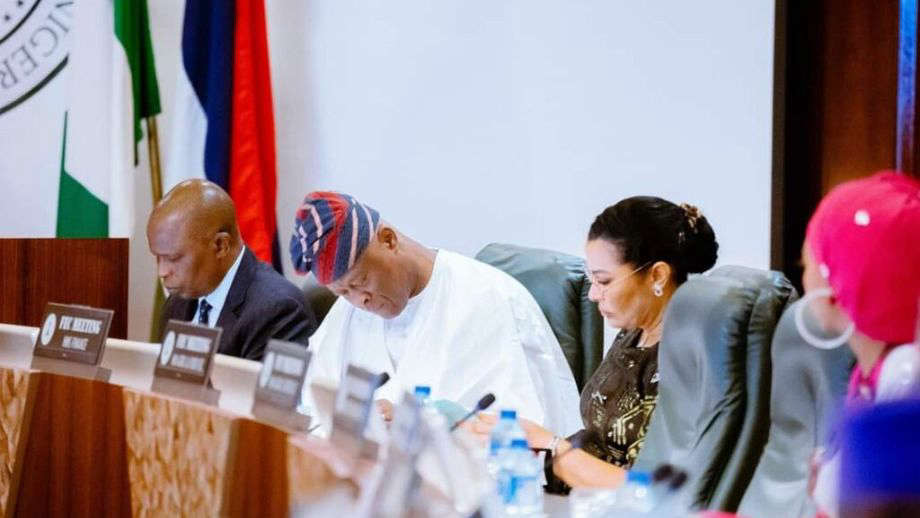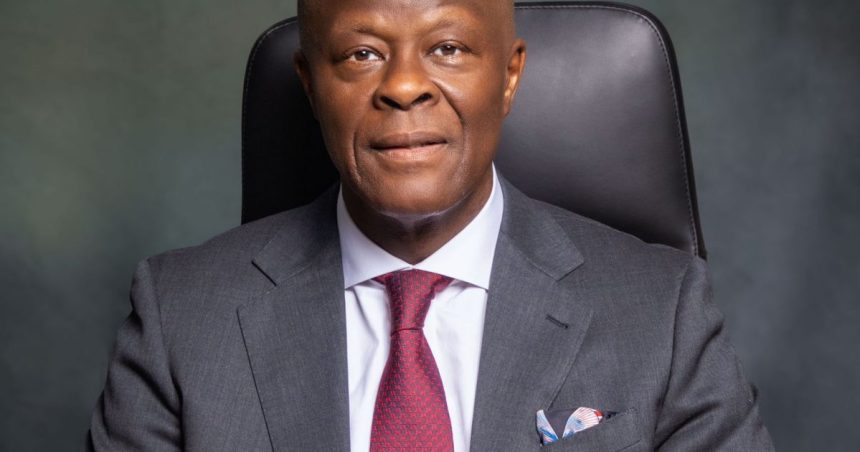In a strategic move to bolster its fiscal stability and stimulate economic growth, the Nigerian Federal Executive Council (FEC) approved a $2.2 billion external borrowing plan on Thursday. This financing initiative, part of the 2024 Appropriation Act, will be sourced through a combination of Eurobond and Sukuk offerings, Finance Minister Wale Edun revealed during a press briefing at the State House in Abuja.
The external borrowing plan includes $1.7 billion from Eurobonds and $500 million through Sukuk bonds. The final allocation between these financial instruments will depend on prevailing market conditions and recommendations from transaction advisors, pending approval from the National Assembly.
Minister Edun emphasized that the plan would be executed swiftly following parliamentary approval, stating, “The actual combination of instruments that will be raised will depend on the advisors and their analysis of market conditions at the time of issuance.”
This initiative builds on Nigeria’s recent success with domestic issuance of dollar bonds earlier this year. That achievement underscored the resilience and increasing sophistication of the country’s financial markets, attracting local and international investors who demonstrated confidence in the government’s economic reform agenda.
The borrowing program aligns with the government’s broader economic recovery strategy, which aims to stabilize macroeconomic conditions, reform key sectors, and boost local production.

Minister Edun highlighted the progress made since May 29, 2023, when the administration initiated reforms to correct long-standing macroeconomic imbalances. These measures include adjusting foreign exchange and petroleum product pricing and restarting local petroleum refining, achieved as of October 2023.
Edun explained, “It is on the basis of this progress that Nigeria has the opportunity to access the international capital market for up to $2.2 billion in financing as part of the 2024 Appropriation Act.”
READ ALSO: North Korea’s Leader Pushes for Mass Production of Attack Drones
In addition to the borrowing plan, the FEC approved a groundbreaking N400 billion Real Estate Investment Fund (REIF) to address Nigeria’s significant housing deficit and provide long-term mortgage solutions. Introduced by the Ministry of Finance Incorporated (MOFI), the fund will support affordable homeownership while stimulating the housing sector and generating employment opportunities.
The REIF is backed by government seed funding and participation from long-term investors, with an initial target of N250 billion. This initiative aims to offer Nigerians long-term mortgage loans with interest rates significantly lower than the prevailing market rate, which often exceeds 30% for short tenures.
Under the REIF, loan terms will extend up to 20 years, providing much-needed relief to prospective homeowners and fostering sustainable growth in the housing sector. Minister Edun noted that the fund represents a major milestone in fulfilling the administration’s commitment to improving homeownership opportunities.
He stated, “This initiative will reduce mortgage rates, extend loan tenures, and create an economic ripple effect by revitalizing the housing sector and encouraging private investment.”

The dual initiatives—external borrowing and the REIF—reflect a comprehensive approach to addressing Nigeria’s economic challenges. While the borrowing plan aims to stabilize fiscal conditions and support ongoing reforms, the REIF targets long-term structural issues in the housing market, creating opportunities for economic growth and job creation.
Together, these strategies underline the administration’s commitment to fostering economic recovery, improving infrastructure, and enhancing the quality of life for Nigerians. As Minister Edun summarized, “These efforts represent the government’s resolve to drive economic development, stabilize the fiscal landscape, and empower citizens through innovative policies and programs.”
With these initiatives, Nigeria is positioning itself for greater financial stability and sustainable growth, leveraging both domestic and international resources to address immediate and long-term economic priorities.

